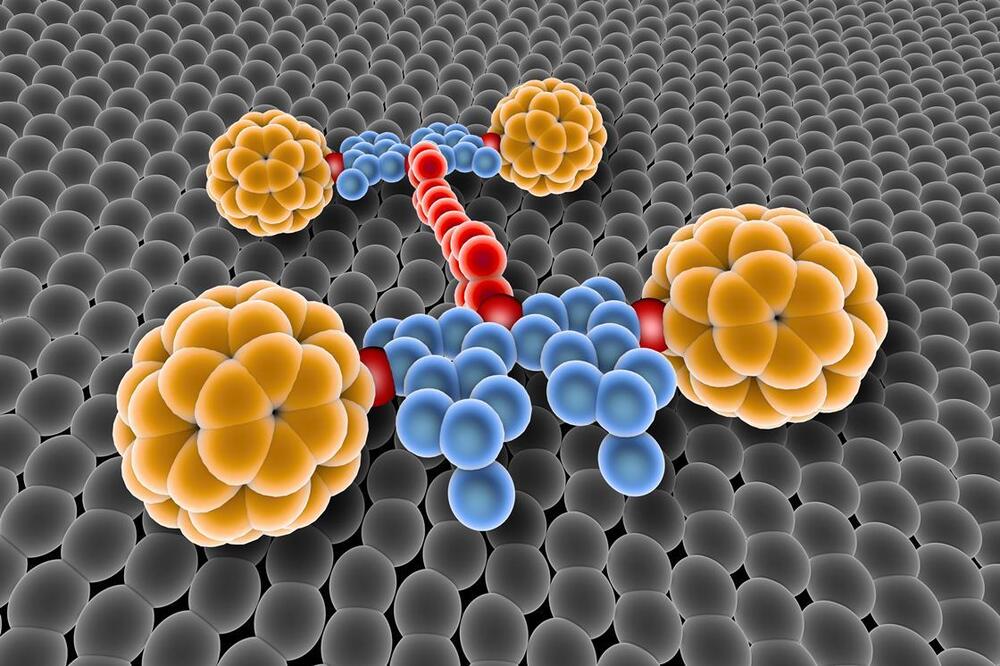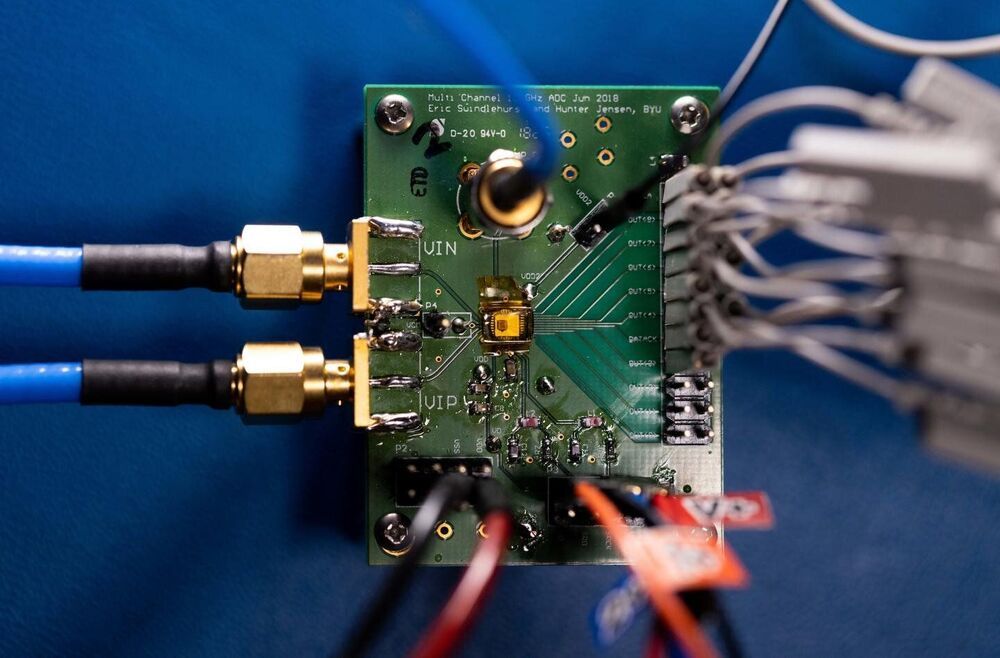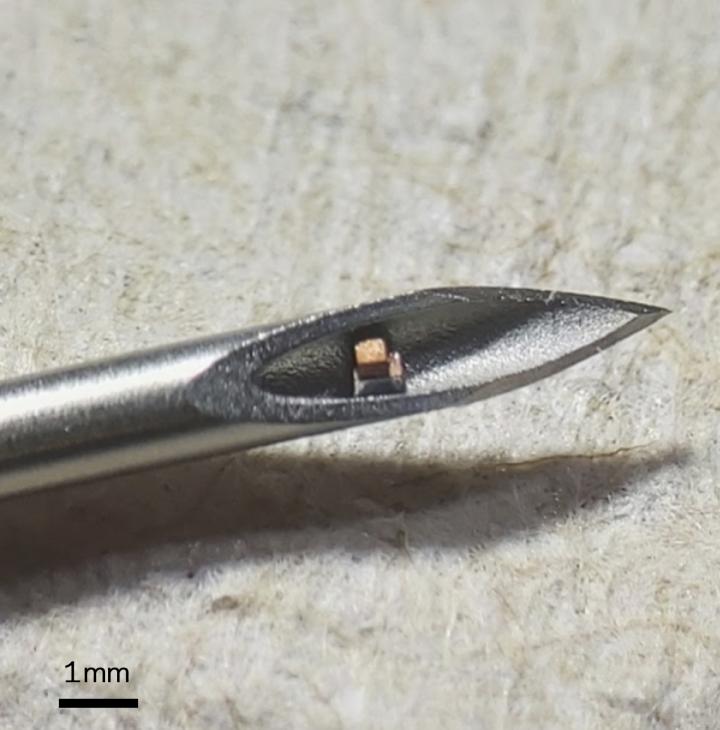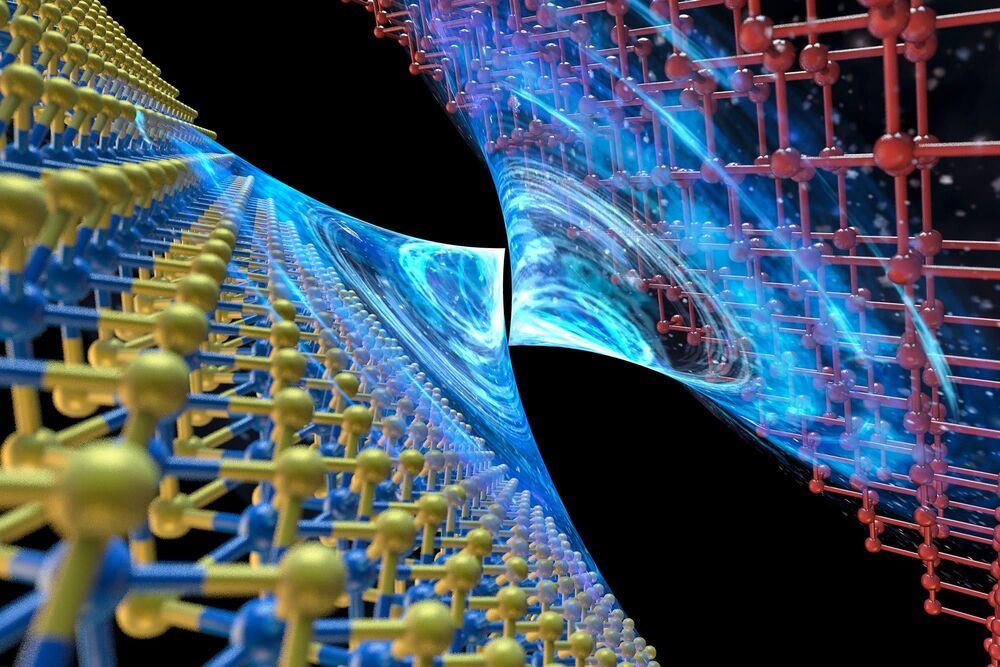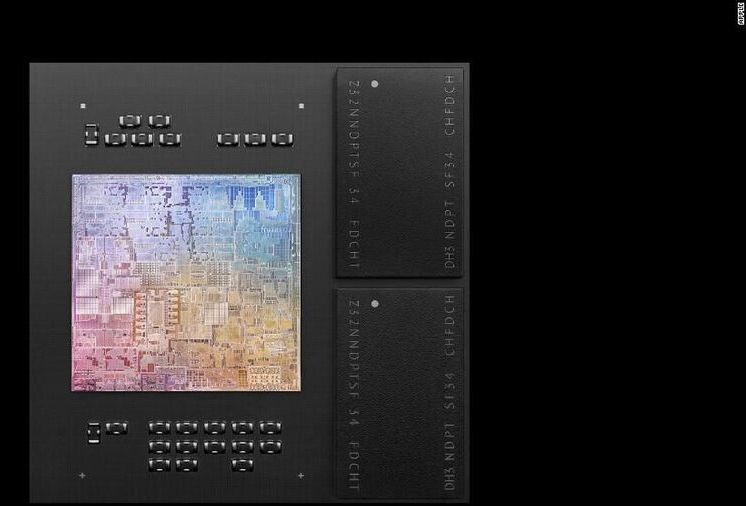The scale-free complexity associated with the biological system in general, and the neuron in particular, means that within each cell there is a veritable macromolecular brain, at least in terms of structural complexity, and perhaps to a certain degree functional complexity as well—a fractal hierarchy. This means that the extremely simplistic view of the synapse as a single digital bit is misrepresenting the reality of the situation—such as, if we were to utilize the parlance of the neurocomputational model, each ‘computational unit’ contains a veritable macromolecular brain within it. There is no computer or human technology yet equivalent to this.\.
A study published in the journal Science has upended 80 years of conventional wisdom in computational neuroscience that has modeled the neuron as a simple point-like node in a system, integrating signals and passing them along.

